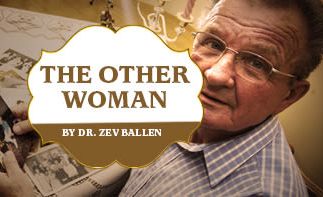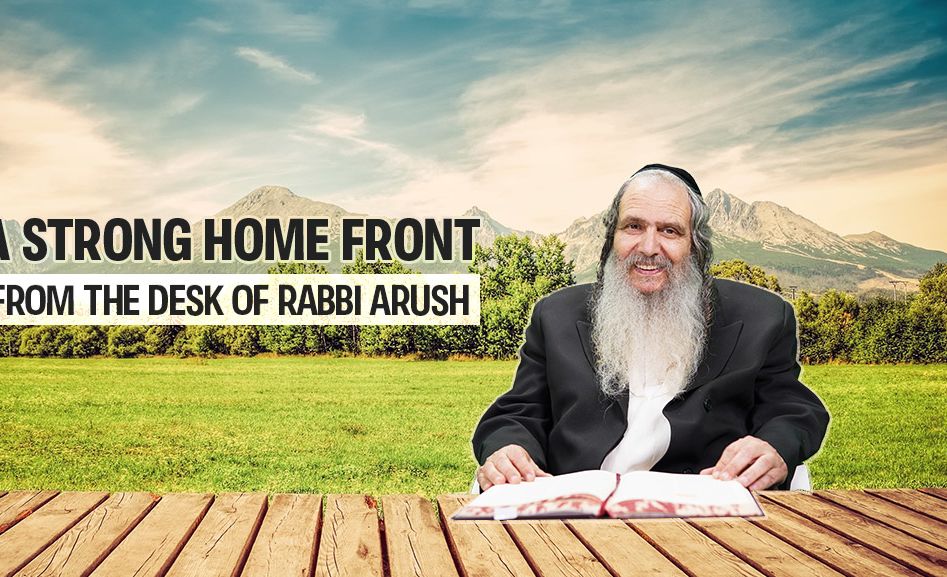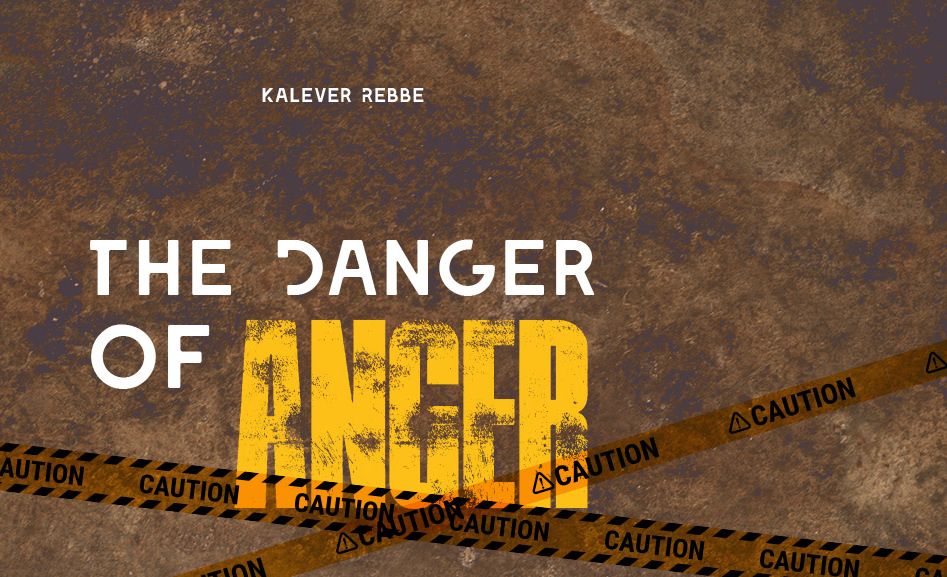
Peace in the World
There is only one major ingredient to living in peace, especially in marriage, and that is ignoring the faults of others and correcting faults within ourselves…

Over the thousands of years the Jewish nation has been in exile Hashem has demonstrated His virtue of patience. Many of us feel we also have been patient. We, the Jewish People and Hashem are a team, a partnership formed to complete the world and bring it into balance. Hashem is in exile with us to this day. Peace in the world has not yet been achieved. There still exist broken homes, broken spirits, broken relationships, and broken lives. Violence and crime happen every day. Yet we go on. We need Hashem, and if He is to have a Kingdom of loyal followers, He needs us, too. Yet we keep saying to Him, “Show me and I’ll trust You.” We all want the revealed goodness and peace now. That’s human nature. Yet G-d seems to be responding “Trust Me, and then I’ll show you.” We continue to struggle with Hashem.
The Almighty knows the best way to achieve peace. When we talk to Him and study His Torah, we get answers to our pressing personal questions. We learn that putting G-d and others first helps us all. We let go of old grudges. We concede as a sign of strength. We bolster our emuna (faith) and bitachon (trust). When we believe that the good will come, that is when it will. Hashem is a loving Father Who tells us that light will follow darkness, day follows night, our “going” precedes our “coming” (Psalm 121) and love and joy follow turbulence. The reward for our patience and our faith will be the physical evidence to support our confidence. When we put the trust ahead of the proof, we are in a proper position to ask Hashem to  help us, because we know that He will. We trust in His love completely.
help us, because we know that He will. We trust in His love completely.
Let’s do what we want Hashem to do. What we give, we get back. Doing kind things for others turns the kindness back to us. For example, when we have problems with family members who are not on the same spiritual level as we are, we accept them with love unconditionally. This brings unconditional love to us. Anger is like idol worship. Anger is one letter shy of “danger” and counters the tranquility we desire. Then there is no peace. When we criticize, we seal our own fate and the fate of others. When we desire Hashem’s compassion, we work to mirror that trait. Hashem shows us the same empathy and kindness we demonstrate to others and to Him.
There is only one major ingredient to living in peace, especially in marriage, and that is ignoring the faults of others and correcting faults within ourselves. If we see a certain imperfection in others, and it bothers us, it is most often because we possess it too. Hashem holds up a mirror to us so we can see ourselves. When we work on ourselves and change, the world around us changes. When we demonstrate unconditional love and pray for others, we shift the balance toward peace. Speaking on behalf of others with kindness and concern will do more to encourage peace than cajoling, explaining, lecturing, insisting, judging, obsessing, convincing, and coercing. And don’t forget – peace begins at home…
Silence is golden when we struggle to think, speak, and do only that which is positive and good. If we were to complain about those we love, chas v’shalom (G-d forbid) we invite the accusing angels to bring the message of complaint to the Heavenly Throne. So instead, we discuss with Hashem the good points of others. Complaining and blaming are natural human tendencies which all of us would do well to avoid. Since we are expected to rise above our nature, we strive to cast aside the yetzer hara’s ploy to get us to complain against those whom we love but are having trouble liking. We speak to Hashem from the heart, emphasizing the good things that our loved ones are doing. Then, we are in a position to ask for G-d’s help in opening their hearts and minds to Torah truths. This paradigm shift helps to proliferate positive energies in marriage and in the world at large. When we downplay weaknesses, deficiencies, and shortcomings, we promote energies of peace and good-will.
We cannot change others directly, but we can change how we relate to them. We gather more bees with honey than with vinegar. When we sing the following song to Hashem, we bring Him joy because we remain in a high vibration of unconditional love, satisfaction, and happiness in the present moment, eagerly awaiting more blessings. So the song goes: “Hodu Adonai Ki Tov, Ki L’Olam Chasdo” translated as “Thank You Hashem for Your Goodness and Kindness”.
Keeping our emotions in check and living in the positive vibration of gratitude helps bring blessings to our homes and, by extension, to the world in which we live. In a world fractured by dissension, by focusing only on the good we harness the power to transform chaos into peace.







Tell us what you think!
Thank you for your comment!
It will be published after approval by the Editor.